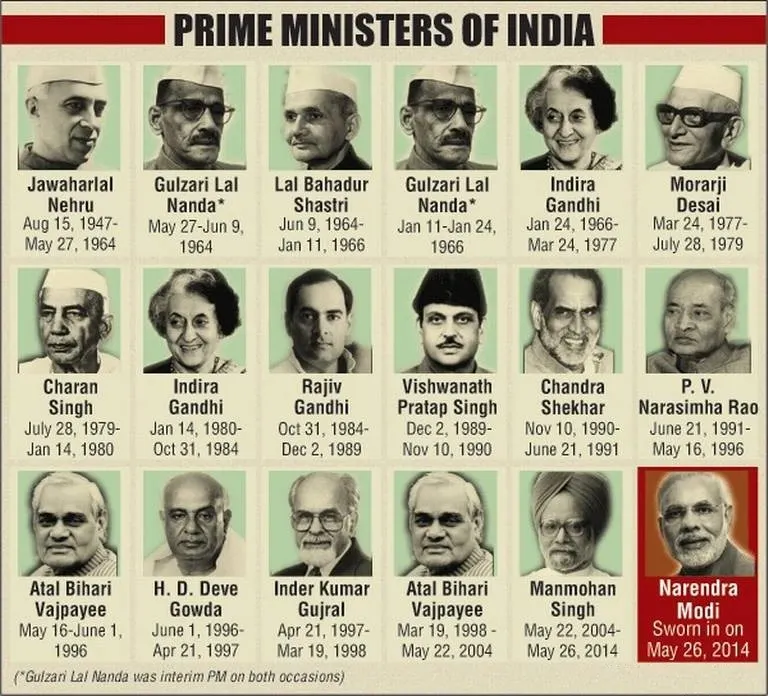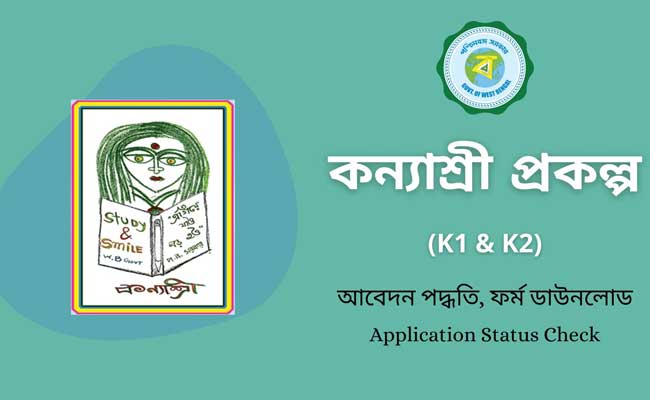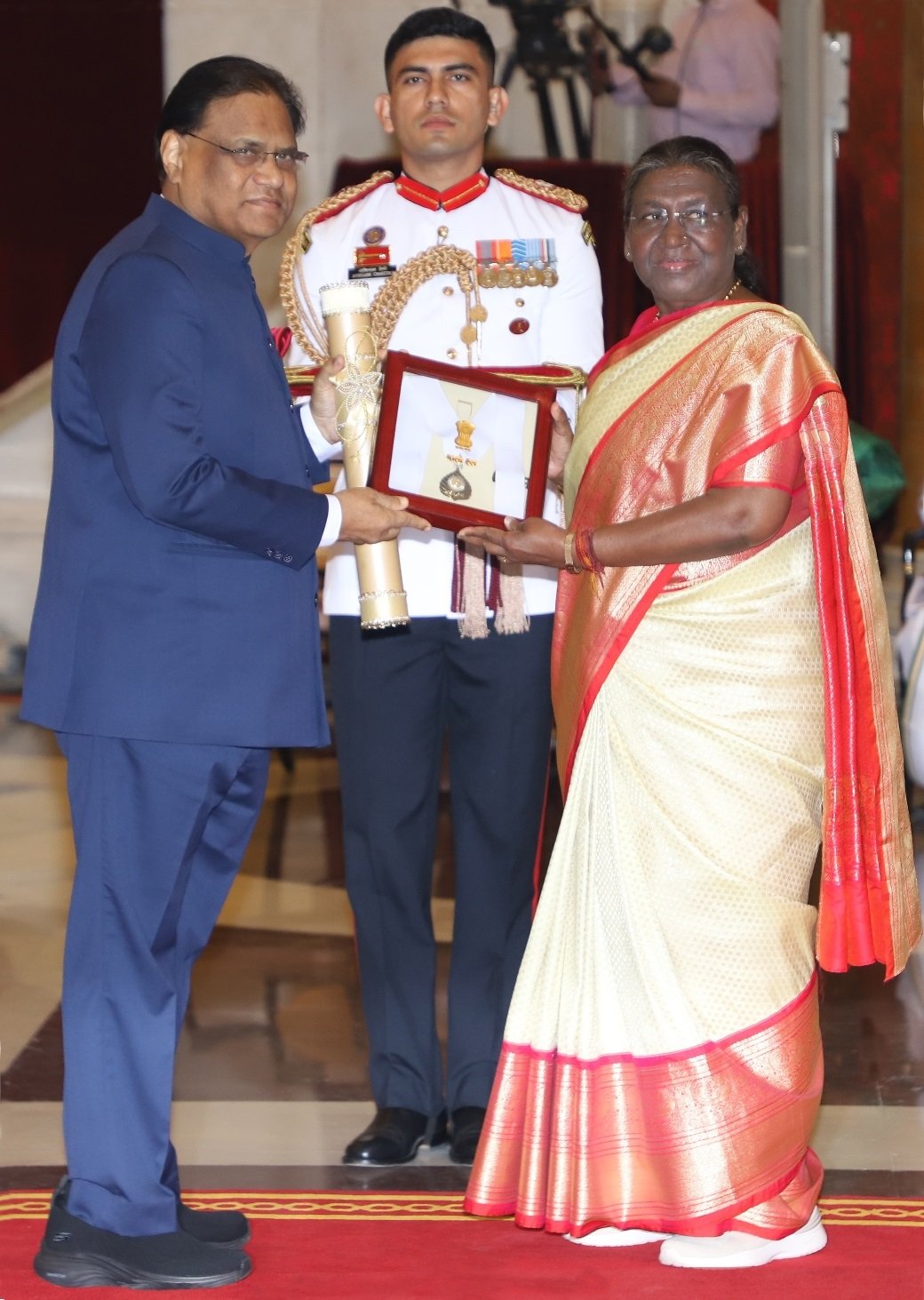Introduction:
The position of the Prime Minister of India holds significant importance in the country’s political landscape. As the head of the government, the Prime Minister is entrusted with the responsibility of leading the nation, shaping policies, and steering the country towards progress. This article explores the role and impact of the Prime Minister of India, highlighting the key responsibilities and challenges faced by this influential position.
Leadership and Governance
The Prime Minister of India assumes the role of the country’s chief executive, responsible for leading the government and implementing policies that address the nation’s needs. This position demands strong leadership skills, as the Prime Minister must effectively communicate with various stakeholders, including cabinet ministers, bureaucrats, and the general public. The Prime Minister plays a crucial role in decision-making, coordinating efforts to achieve national goals and ensuring effective governance.
Policy Formulation and Implementation
One of the primary responsibilities of the Prime Minister is to formulate and implement policies that drive socio-economic development. The Prime Minister’s Office (PMO) acts as a think tank, advising the Prime Minister on policy matters and coordinating with ministries to facilitate policy execution. Through comprehensive vision and strategic planning, the Prime Minister shapes policies in diverse sectors such as education, healthcare, infrastructure, and foreign relations, aiming to uplift the lives of millions of Indians.
Diplomacy and International Relations
The Prime Minister of India also represents the nation on the global stage, playing a vital role in shaping international relations. Diplomacy and foreign policy are crucial components of the Prime Minister’s responsibilities, as they impact India’s standing in the world. The Prime Minister engages in bilateral and multilateral discussions, fostering cooperation, promoting trade, and addressing global challenges such as climate change and terrorism. By forging strong diplomatic ties, the Prime Minister ensures that India’s voice is heard and its interests are protected in the international arena.
Economic Development and Reforms
Economic growth and development are central to the Prime Minister’s agenda. The Prime Minister sets the direction for economic policies and initiatives, aiming to promote inclusive growth, job creation, and poverty alleviation. Through reforms in taxation, investment, and infrastructure development, the Prime Minister strives to create a conducive environment for businesses, attract foreign direct investment, and bolster the country’s economy. The Prime Minister’s economic vision often focuses on empowering marginalized sections of society and fostering sustainable development.
Challenges and Responsibilities
Being the Prime Minister of India comes with numerous challenges and responsibilities. The position requires effective management of diverse religious, linguistic, and cultural identities within the country. The Prime Minister must address socio-economic disparities, promote social harmony, and ensure the welfare of all citizens. Additionally, the Prime Minister faces the task of maintaining law and order, combating corruption, and upholding democratic principles.
Conclusion:
The Prime Minister of India plays a pivotal role in shaping the nation’s destiny. Through leadership, governance, and policy formulation, the Prime Minister spearheads initiatives that propel the country towards progress. By engaging in diplomacy and promoting international cooperation, the Prime Minister enhances India’s standing in the world. Furthermore, the Prime Minister’s economic vision and reforms aim to drive inclusive growth and development. Despite the challenges, the Prime Minister of India remains the driving force behind the nation’s transformation, working towards a prosperous and harmonious future.
![]()





